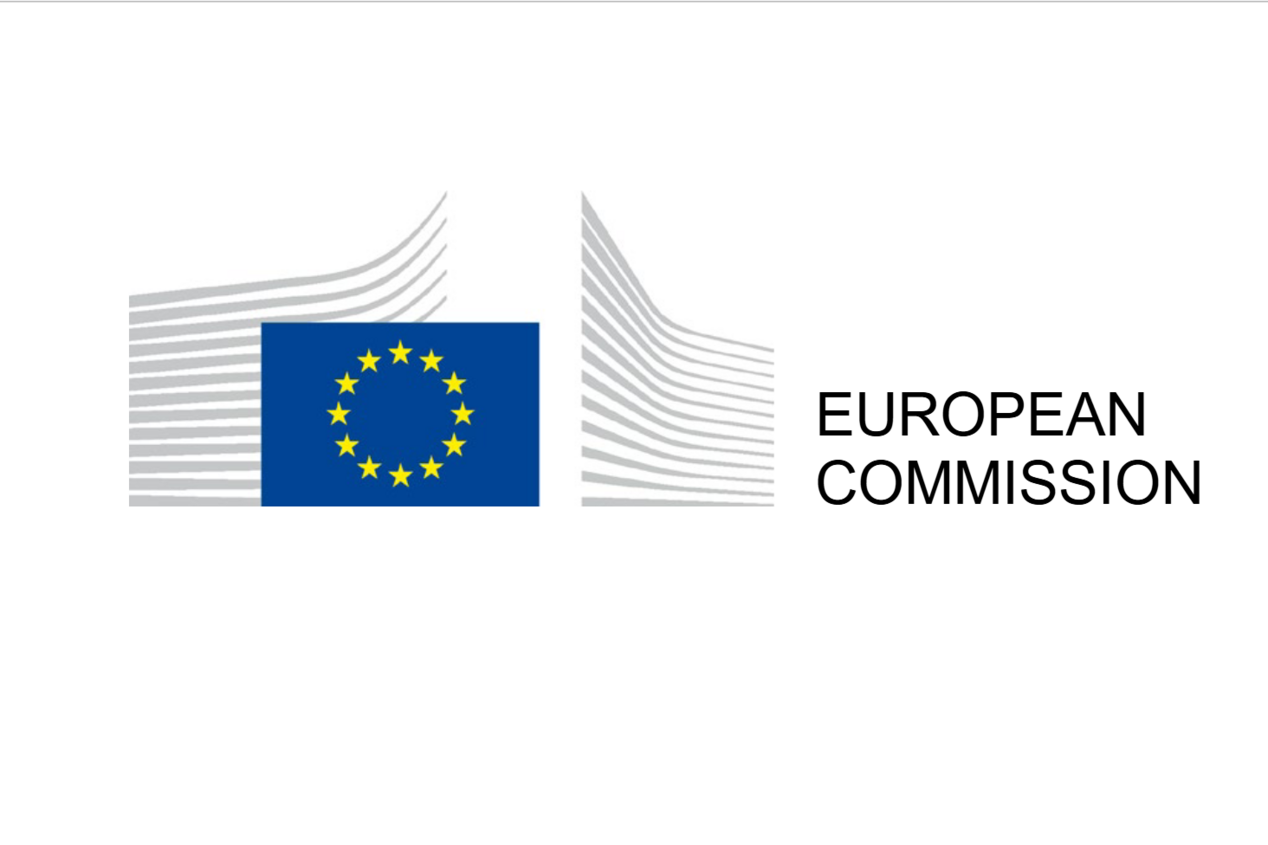

14. Juli 2025

14. Juli 2025
The European Commission released its final Delegated Act on Low-Carbon Hydrogen, a core element of the 2024 EU Hydrogen and Decarbonised Gas Market Package. This long-awaited Regulation completes the EU’s regulatory framework for renewable fuels, complementing the REDIII Delegated Act on Renewable Fuels of Non-Biological Origin (RFNBO). It defines what qualifies as “low carbon” hydrogen, aiming to provide regulatory clarity, boost investment and accelerate clean hydrogen production across Europe.
To be considered low-carbon, fuels must achieve at least 70% GHG emission savings compared to natural gas - allowing for production via natural gas with carbon capture, utilisation and storage (CCUS) and non-renewable-powered electrolysis. On a welcome note, it includes a significant reduction in default upstream CO₂ emission values for natural gas (from 8.4 to 4.9 gCO₂/MJ), the potential introduction of regional default values by 2028 and recognition of solid carbon co-products as a form of permanent carbon storage. The Act also distinguishes between pipeline natural gas and LNG, with the latter receiving higher emission values due to emissions from liquefaction, transport and regasification.
Biomass and biofuels may be used to lower emissions when used as process fuels, although the distinction between fuels and feedstocks remains unclear. Hydrogen from nuclear power is excluded; a separate methodology will be consulted on in 2026 with a legal revision due by July 2028.
Despite some improvements after stakeholder consultation, industry groups such as Hydrogen Europe and Eurogas - both partners of Ready4H2- warn that the final text “still falls short of what’s needed to support a strong low-carbon hydrogen market”. This includes concerns over low-carbon electricity sourced via PPAs not being recognised and hydrogen from nuclear sources receiving no improved treatment (forcing projects to report emissions based on national grid intensity, despite cleaner sourcing). The lengthy adoption process, complex requirements and disproportionate reporting burdens are expected to cause delays in the scale-up of low-carbon hydrogen in the EU.
The Act has now entered a 2-month scrutiny period and be formally adopted by the Commission by 5 August 2025.